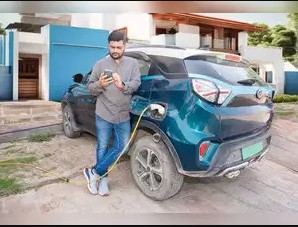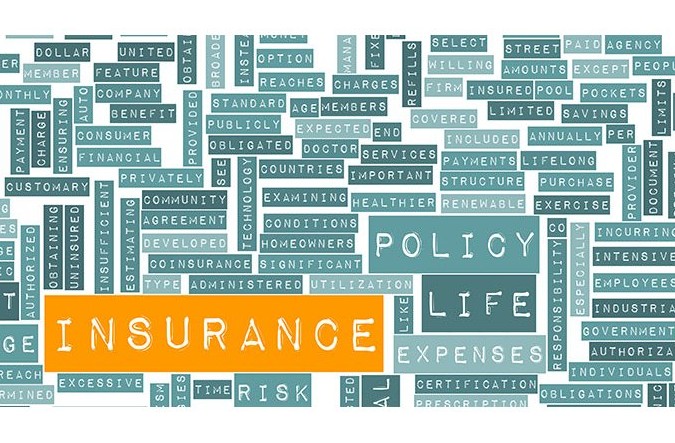With the government proposing a complete ban on the import of internal combustion engine (ICE) vehicles by 2030, the push towards electric vehicles (EVs) is evident. The rationale is strong—EVs promise a cleaner environment and are positioned as a sustainable solution to India’s pollution problem. The impact is already visible, with nearly two million EVs sold in 2024, reflecting rising consumer interest.
However, government policy is not the only reason for this rapid adoption. Lower running costs and the promise of long-term savings have also contributed to EVs becoming an attractive option for many buyers.
Yet, behind the optimism, a segment of consumers still remains hesitant to let go of their ICE vehicles, and for good reason. According to a 2024 Park+ survey, 51% of EV users considered switching back to ICE vehicles.
While the EV ecosystem has seen notable improvements in recent years, several of the core challenges continue to exist. For prospective buyers, understanding these hidden costs is crucial to making an informed and regret-free purchase decision.
How usage impacts cost
Whether an electric vehicle will cost you less or more ultimately depends on how you use it. For individuals who primarily commute within the city, EVs can be highly cost effective.







